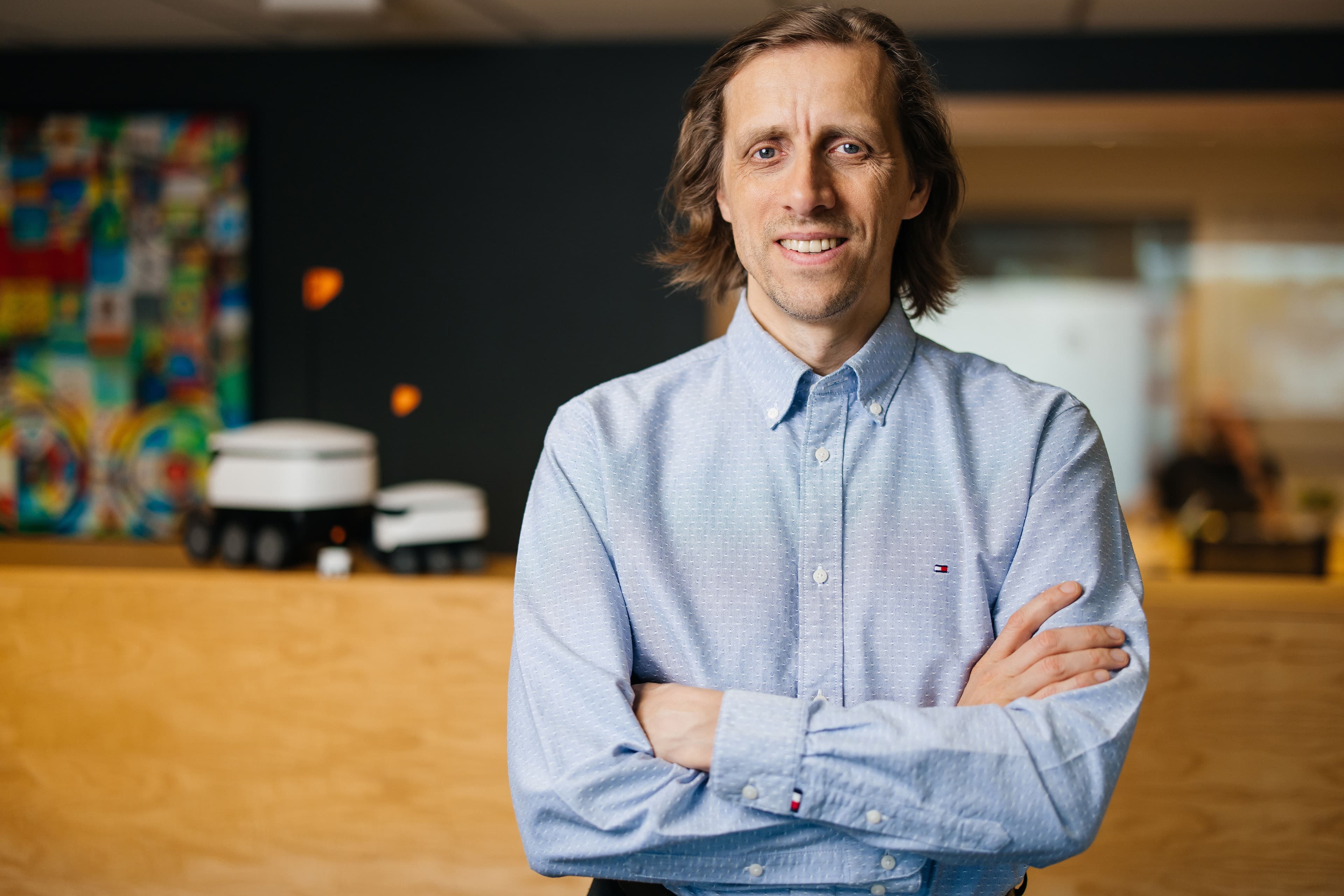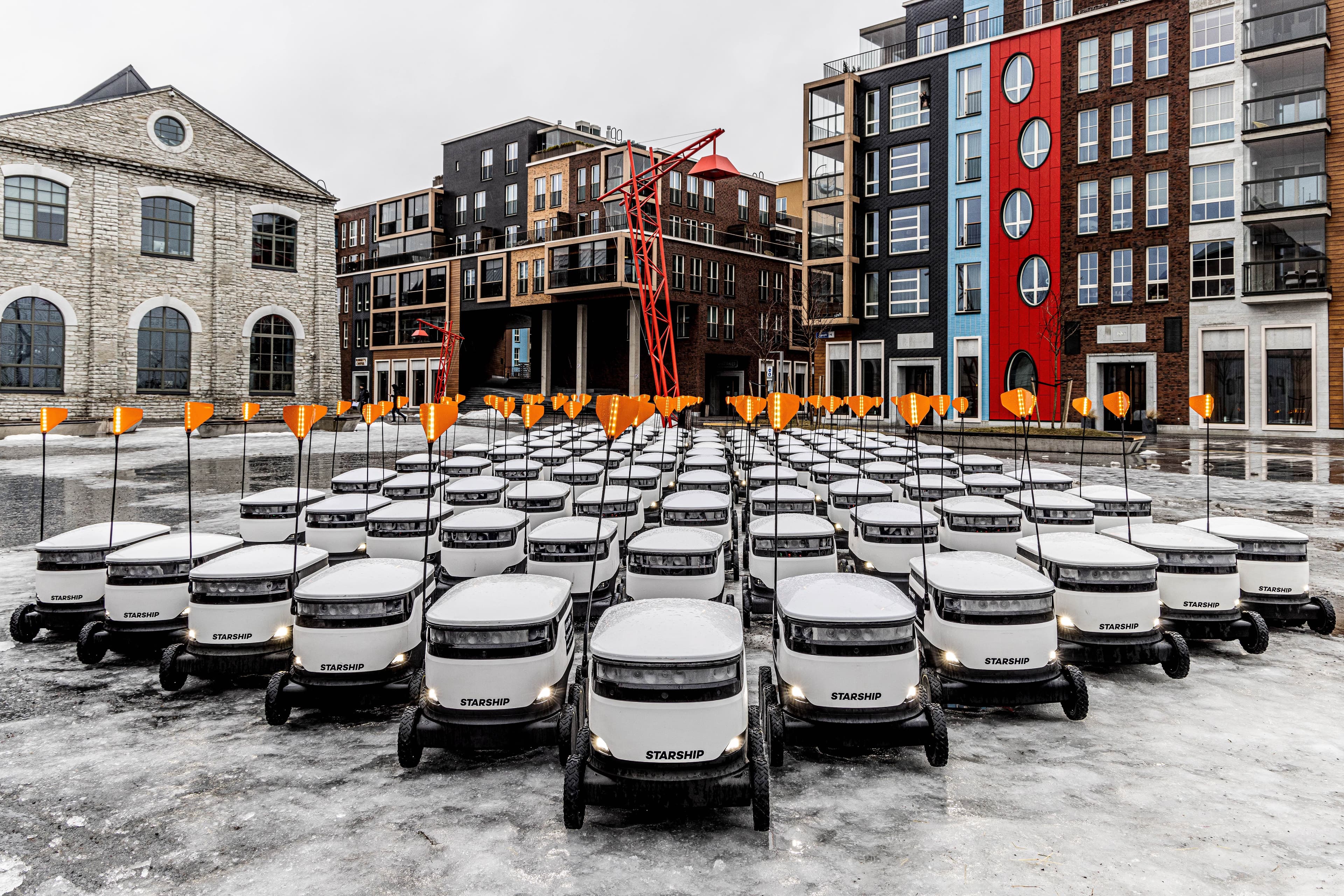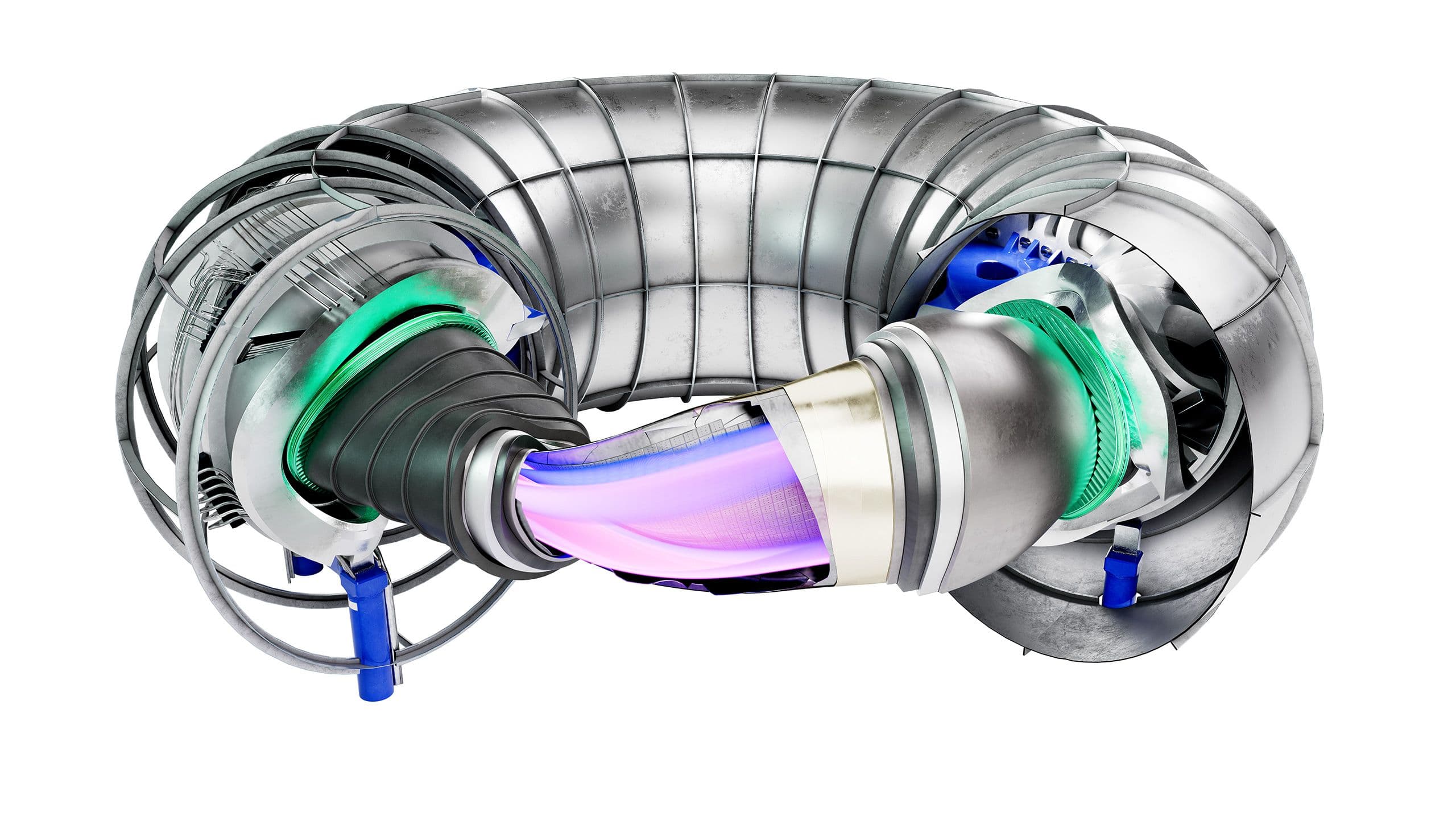Why we invested in Starship
by Taavet Hinrikus
Autonomous vehicle (AV) technology has a reputation for underdelivering, with companies ranging from Apple to Volkswagen scrapping self-driving investments as regulators around the world have struggled to keep up with innovation in the sector. But when you look past the world of passenger vehicles, there is one European AV company that’s already deploying thousands of vehicles in the real world.
Plural first invested in Starship Technologies in 2024, by which point the company’s delivery robots had already completed more than six million jobs across European cities and US university campuses, driving more miles than any other sidewalk AV logistics company in the world.
Today the company’s deliveries are profitable, and is now targeting the huge opportunity of American cities, building on its proven success across 60+ university campuses in the States.
Starship, which has completed five times more deliveries than all of its US competitors combined, has built the most advanced autonomous logistics technology in the world, under the leadership of two of Europe’s most iconic entrepreneurs. Ahti Heinla and Janus Friis, who previously cofounded Skype, know how to create a massive global tech company from Europe and are showing that they can do it again with robot deliveries.

Ahead of the competition
Starship’s journey to becoming the global leader in autonomous delivery has created a virtuous cycle for the company that makes its position nearly unassailable.
Having now completed more than nine million deliveries, versus the 500k deliveries done by its closest US competitor, the company has gathered a huge dataset that it uses to continuously improve the performance of its vehicles. This has allowed Starship to surpass technical challenges that are still blocking many of its rivals, like safety validation and all-weather reliability. These robots are even able to operate in Finnish winters, where average temperatures are between -10°C to -20°C (or 14°F to- 4°F). As for its commercial traction, Starship is now operating in more than 30 European cities in six countries, demonstrating its ability to win approval from regulators.

With more than 10 years of operations under its belt, the company has honed logistics efficiencies that allow it to maintain positive gross margins, deliver profitability at scale and offer its partners a far more economical delivery solution than traditional methods.
And Starship’s technology isn’t just good for its delivery companies, it’s good for cities too. Its zero-emission robots have saved more than 650 tonnes of CO2 of pollution in European cities, while getting customers deliveries in under 30 minutes.
What now
Starship is already working with some of the world’s leading last-mile delivery providers in Europe including Bolt, Delivery Hero's Foodora and DoorDash's Wolt, as well as GrubHub in the US. Now, as the company prepares to scale its robot delivery fleet from more than 2,700 today, it’s ready to strengthen and expand its relationship with these partners.
At Plural we always love working with repeat founders with the ambition to overhaul and create massive industries, and there are very few better examples in Europe than Ahti and Janus. As Skype’s first employee, I’ve seen first-hand how they’re able to perfect complex technology while simultaneously scaling teams and their market impact.
With Starship, they’re building a company that’s already proven it’s commercially viable, with the potential to lead a huge global industry from Europe.


